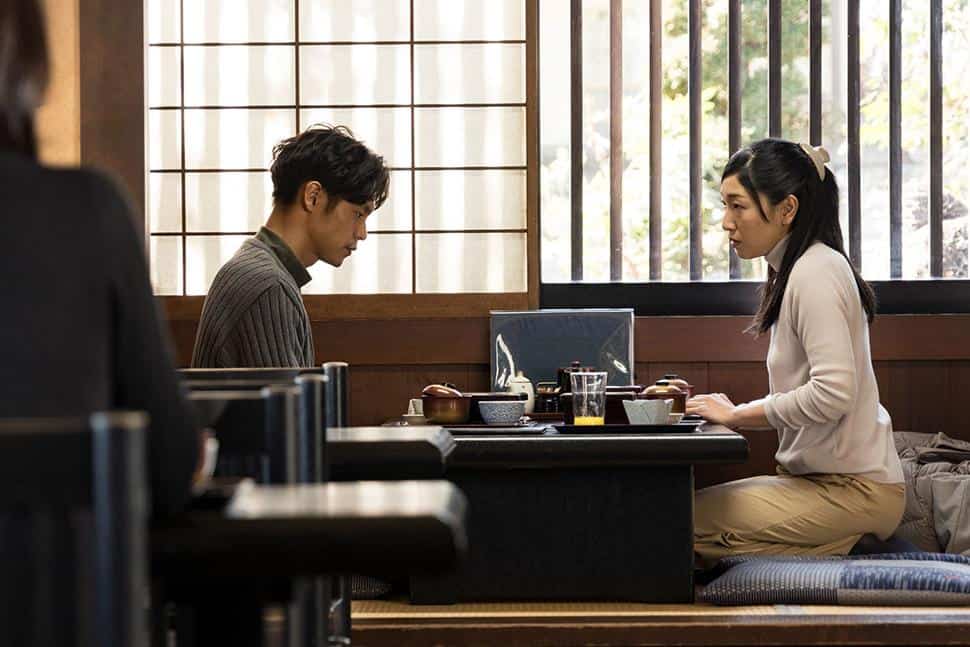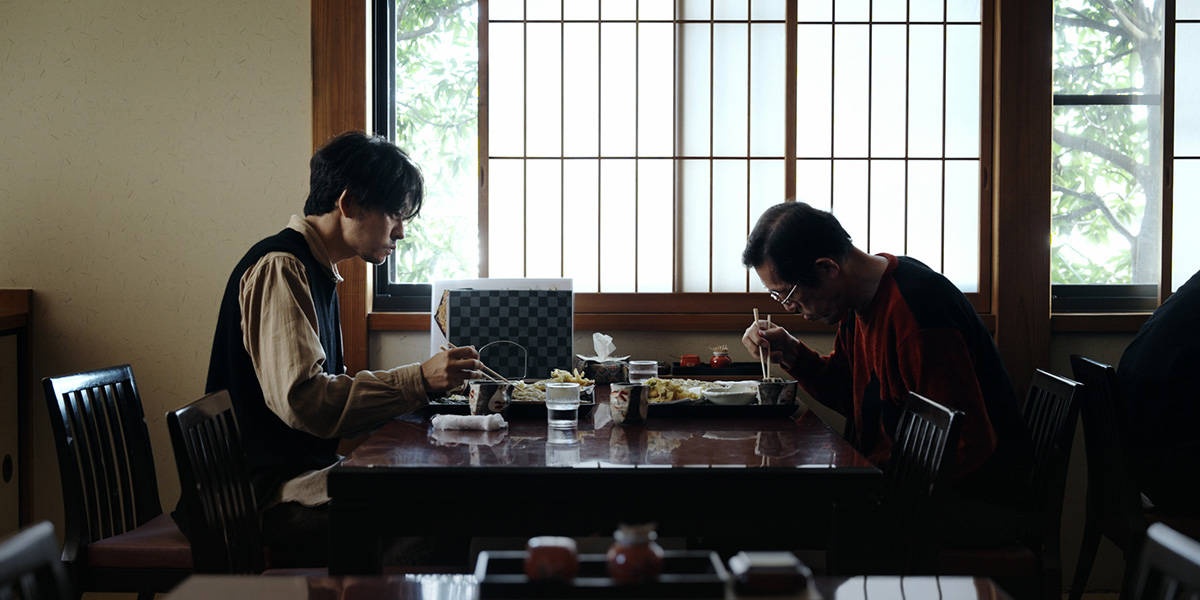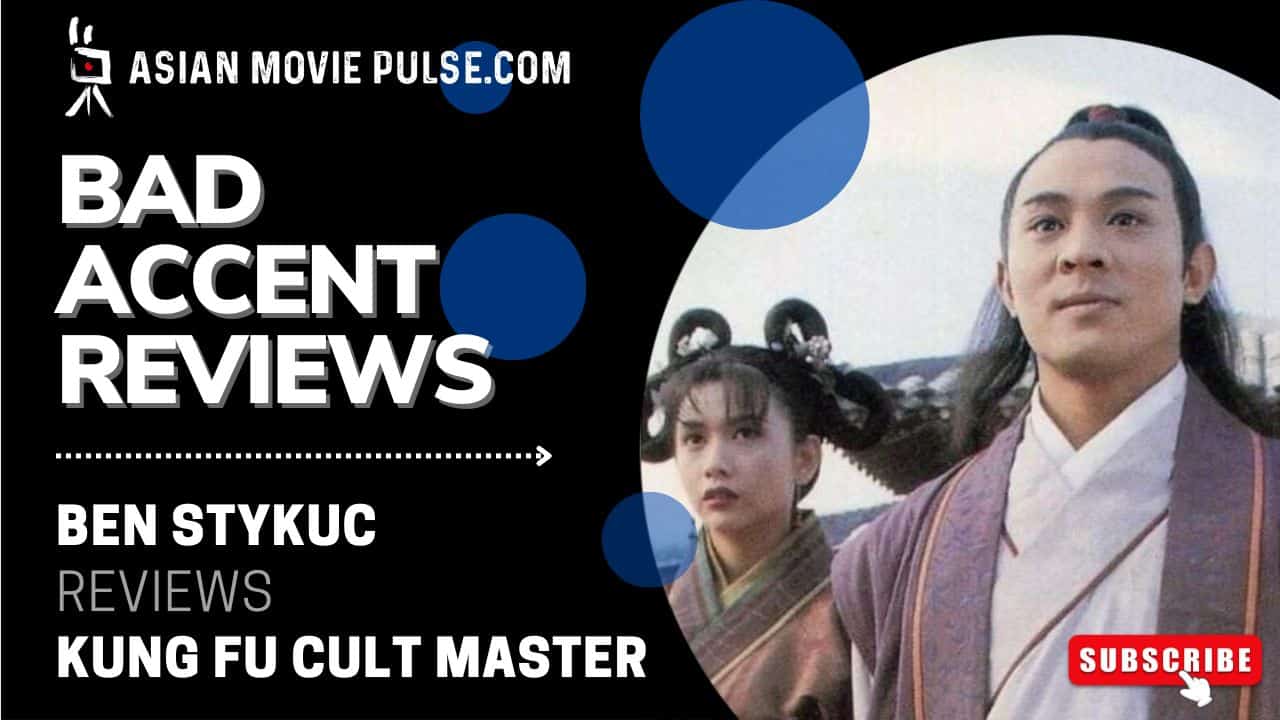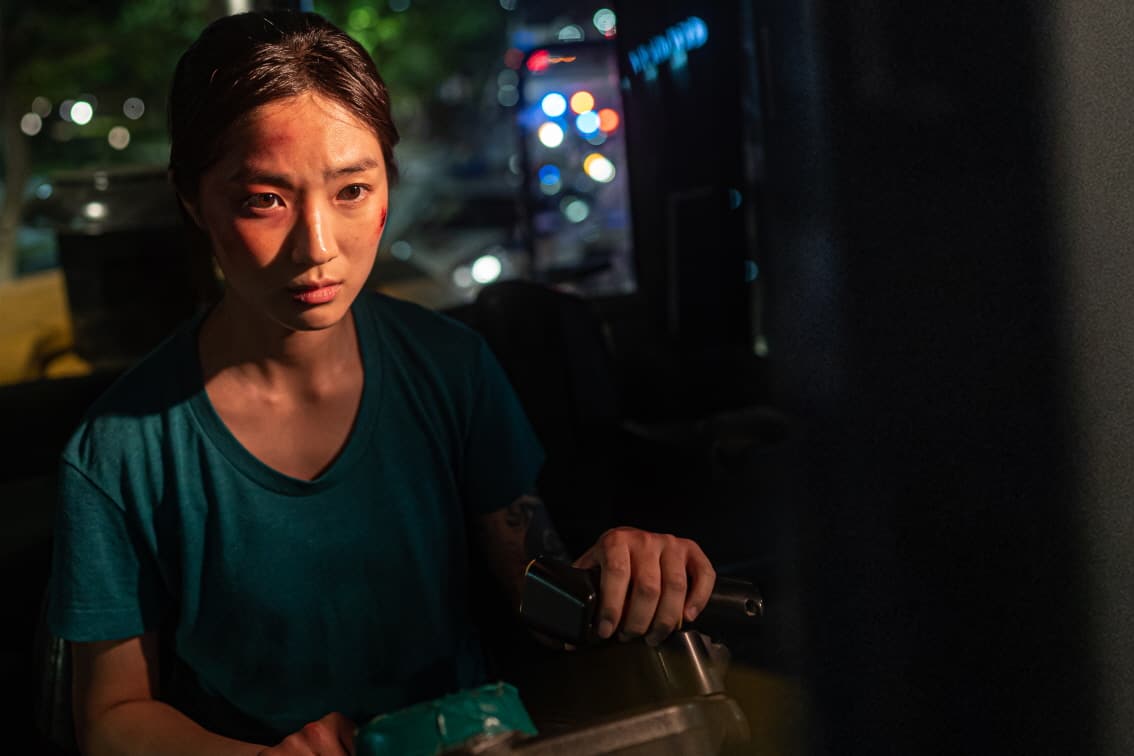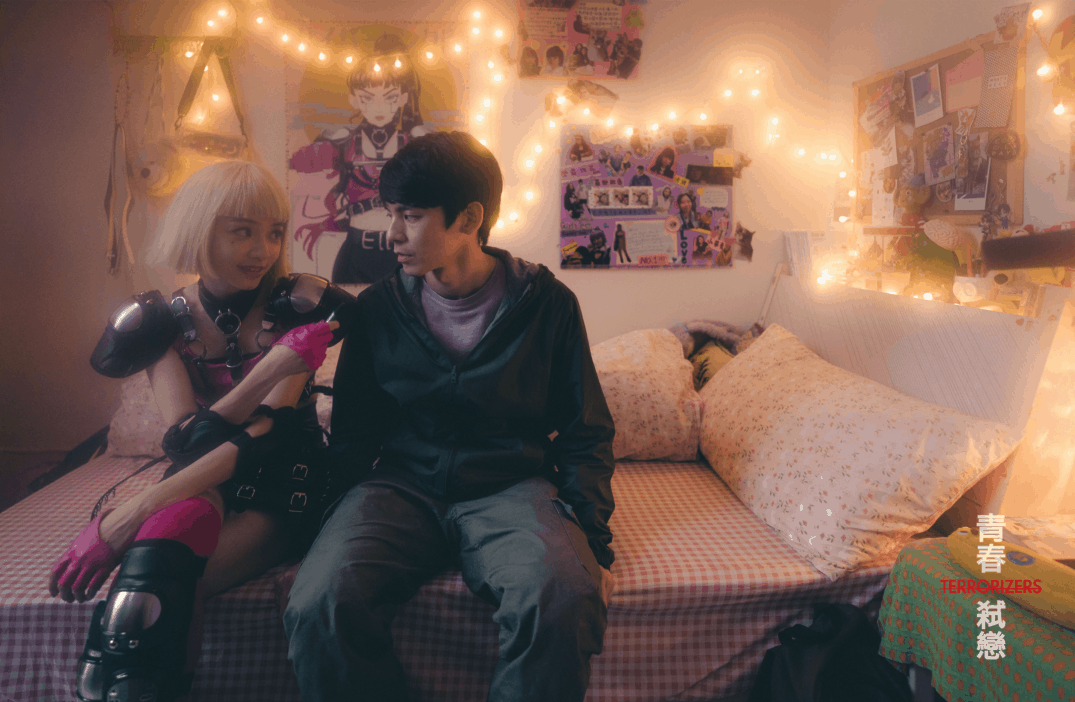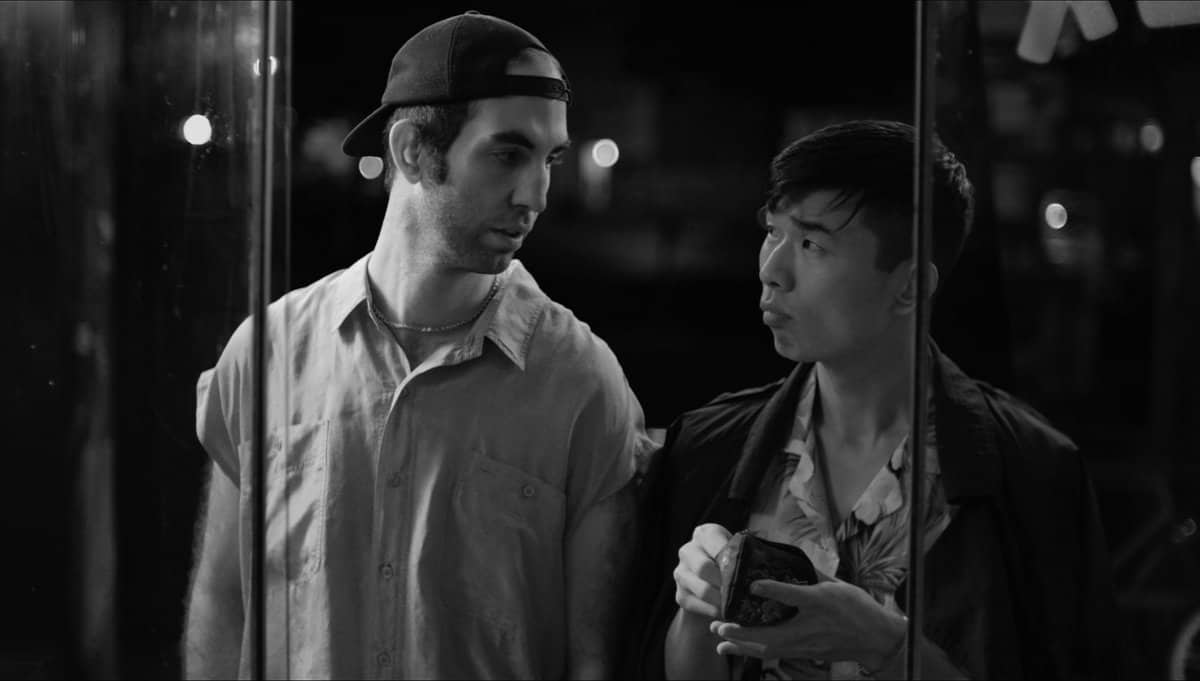A question we all sometimes ask ourselves is if we truly know the people we are surrounded with, especially those we are intimately connected to. Occasionally, a secret of greater magnitude shakes our confidence in those we love, but what is the limit? Is there a betrayal of greater proportions we can forgive and continue loving the person, once we are given a palpable reason for it? Is there a reason good enough? Kei Ishikawa gives us such a scenario in his slow-burning, but nevertheless attention-grabbing adaptation of the eponymous novel by Japanese writer Keiichiro Hirano, in his third feature film that has just had its world premiere in Venice film festival's Orizzonti program.
A Man is screening at Venice International Film Festival

If there is an initial excitement about an almost obvious crime element, it is soon replaced by the realization that there is something much more intriguing happening than a straight-forward story about a man who deceived a woman to hide his true identity. Life itself presents far too many options than those engraved in the ancient stone of clichés, and it's a breath of fresh air when we get to experience it on the big screen. Ishikawa found a truly interesting way to indicate the mysterious side of someone's identity by using the famous painting of the Belgian surrealist Renée Magritte “Not To Be Reproduced”, the same already explored enough both as the cover picture of Roger Daltry's third solo album “One of the Boys” or, among other, in Jordan Peele's movie “Us” from 2019 . A man standing in front of the mirror hides his face. Even the reflection shows him from behind. He is an enigma, a mysterious someone without a name, address or anything one could use as the point of recognition.
Ishikawa builds suspense by slowly introducing the main characters, giving us space to scope the milieu they are set up in, and to dive into a relationship that begins to form itself out of loneliness and the urge to break it. As the film opens, we are introduced to a single mother Rie (Sakura Ando) who works behind the counter of a family-operated store that sells everything that has to do with drawing and painting. She lives in the same house where the shop is, with her difficult, never ceasing-to-grief mother and her little boy, who can barely come to terms with the loss of his father.
There is a brief moment of joy, when Rie meets a shy man, her regular customer Daisuke (Masataka Kubota), someone who manages to win her heart. The two get married and live an image-perfect life, the new husband even adopting Rie's first-born. The idyll finds its end after an accident that takes Daisuke's life.
It is only after the wake for her late husband that Rie learns he is not the man she thought he was. He turns out to have stolen another man's identity, which makes her not only ineligible for his life insurance, but also as someone who lived ‘a wild marriage' and not widowed at all. That's the moment she contacts her former lawyer Kido (Satoshi Tsumabuki, who also starred in Ishikawa's debut “Traces of Sin”) to conduct an investigation.
Check also this interview
With the introduction of Kido, the story gets its interesting turn. We are suddenly sucked into another dimension, the one regarding questioning one own's identity and at the same time – questioning the identity of others. Kido's existence is also being questioned as someone of Zainichi Korean origins who faces racism on a couple of occasions.
With two major shifts, from a love to a crime story which then turns into a profound social study, “A Man” tackles a number of interesting topics such as the abuse of trust, inherited guilt and the unforgiving environment, and the consequent urge to start anew. While the first half of the film unfolds in a dragging pace, “A Man” picks up the tempo after Daisuke's passing, and shapes up. One could say that the movie has two parallelly running stories, one about a mystery that needs to be solved, and the other about the general question of human identity and forgiveness.
It is in a way a crying shame that the focus relocates from Rie's attempts to find out the truth about her late husband to Kido's herzschmerz, and his own family problems. Although this could be interpreted as a parallel take on lies that cause an irreversible effect on a relationship, the overlapping message is a bit of an overdose.
If there is a slight association with Hirokazu Koreeda's “Shoplifters” this doesn't come from the make-do family constellation (the two are truly different in nature), but from the lensing of Ryuto Kondo. Quite impressive is the score composed by Cicada with the gentle piano music set to the love story in the beginning that gets gradually substituted by the more aggressive, restless tones half an hour into the film.


